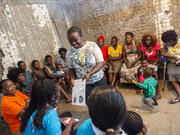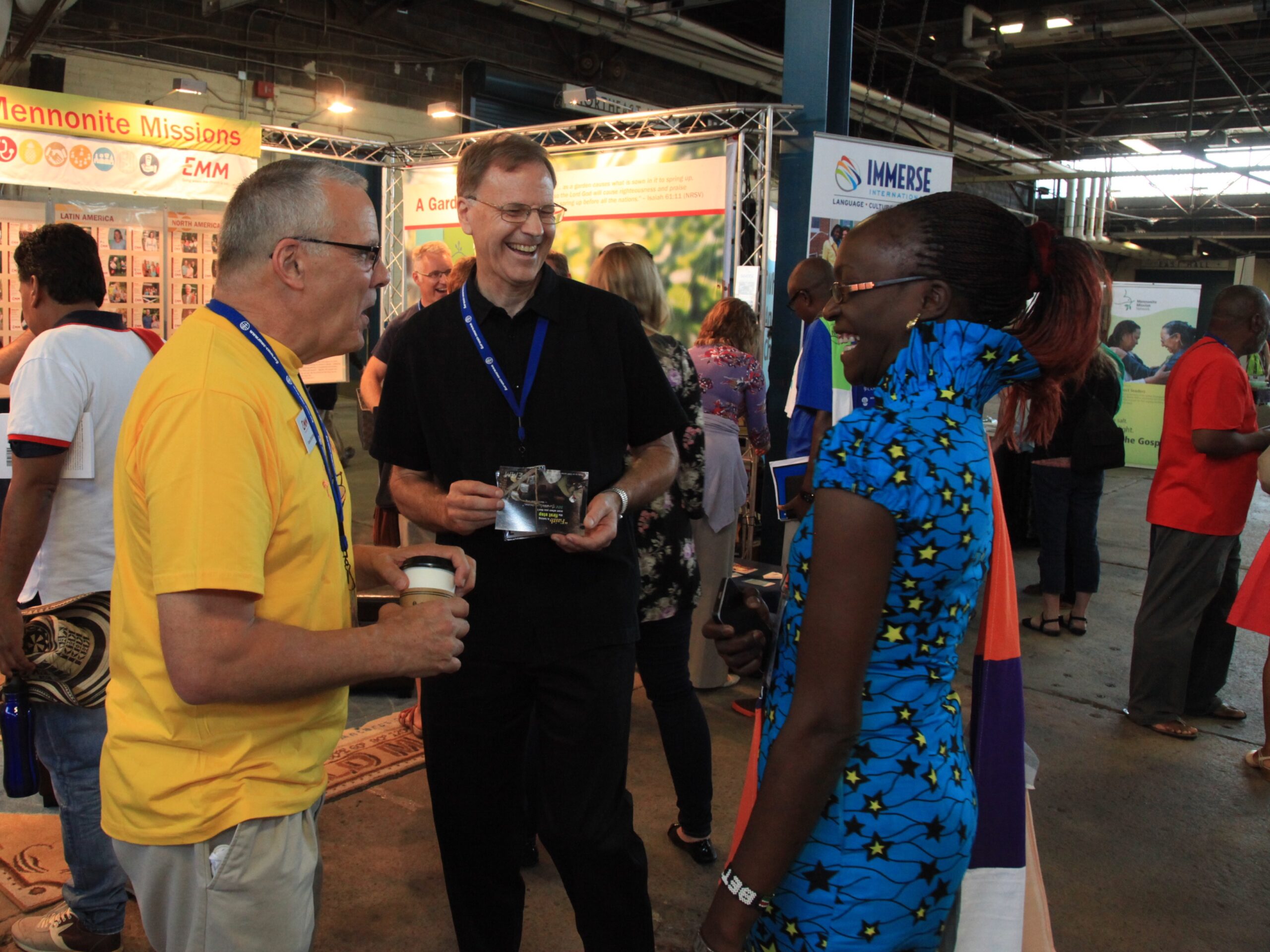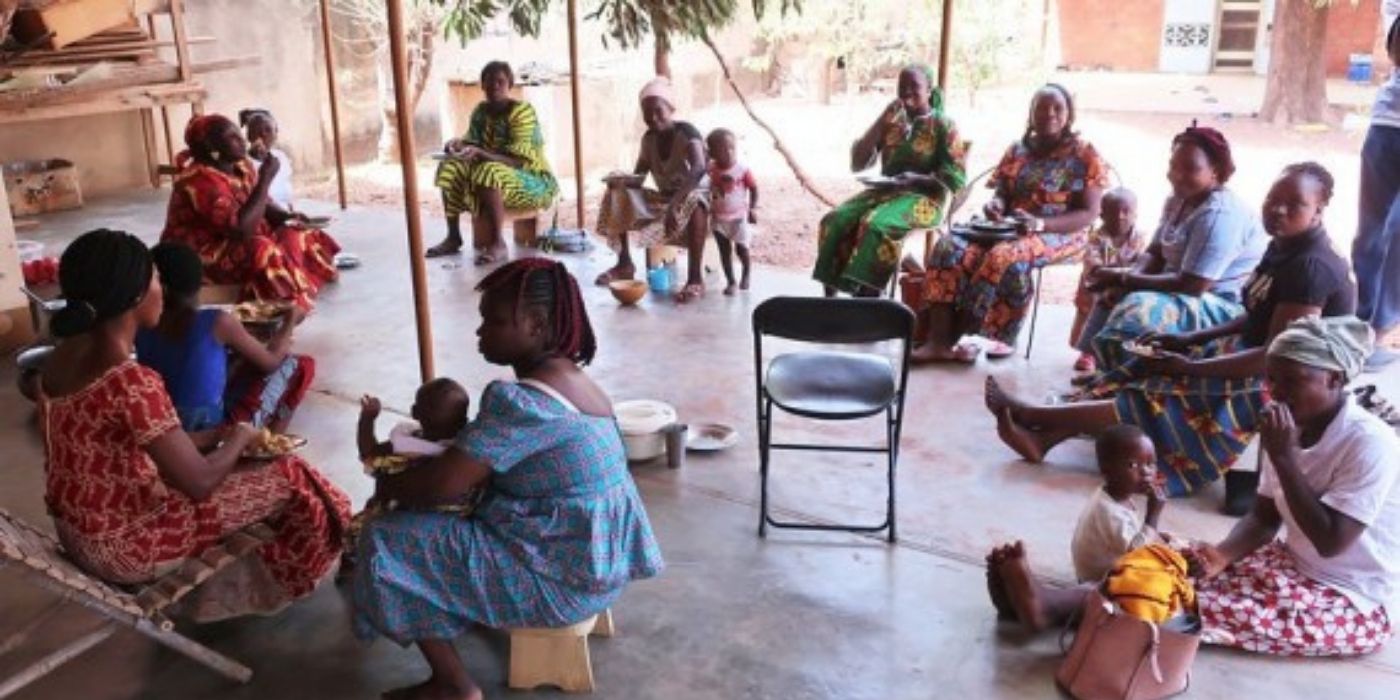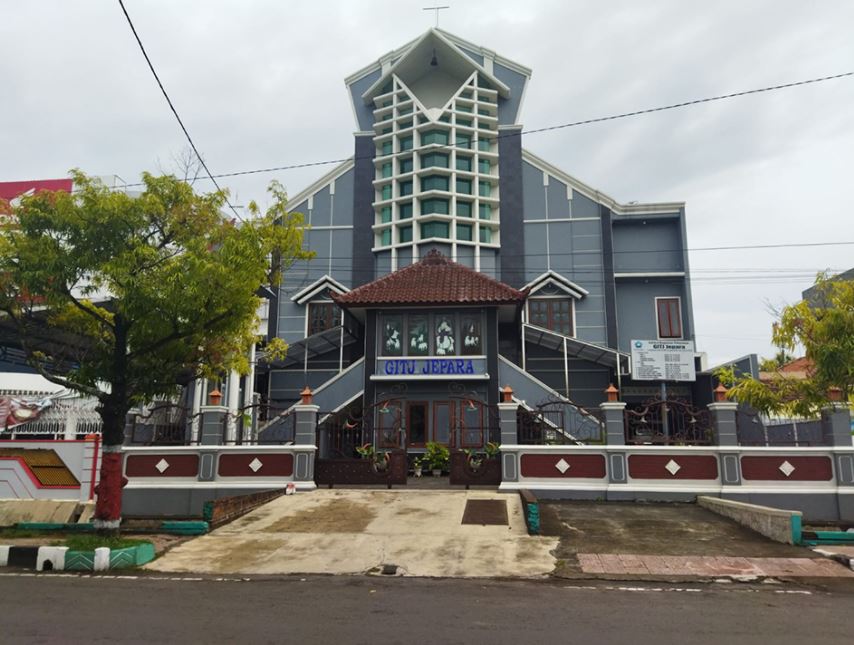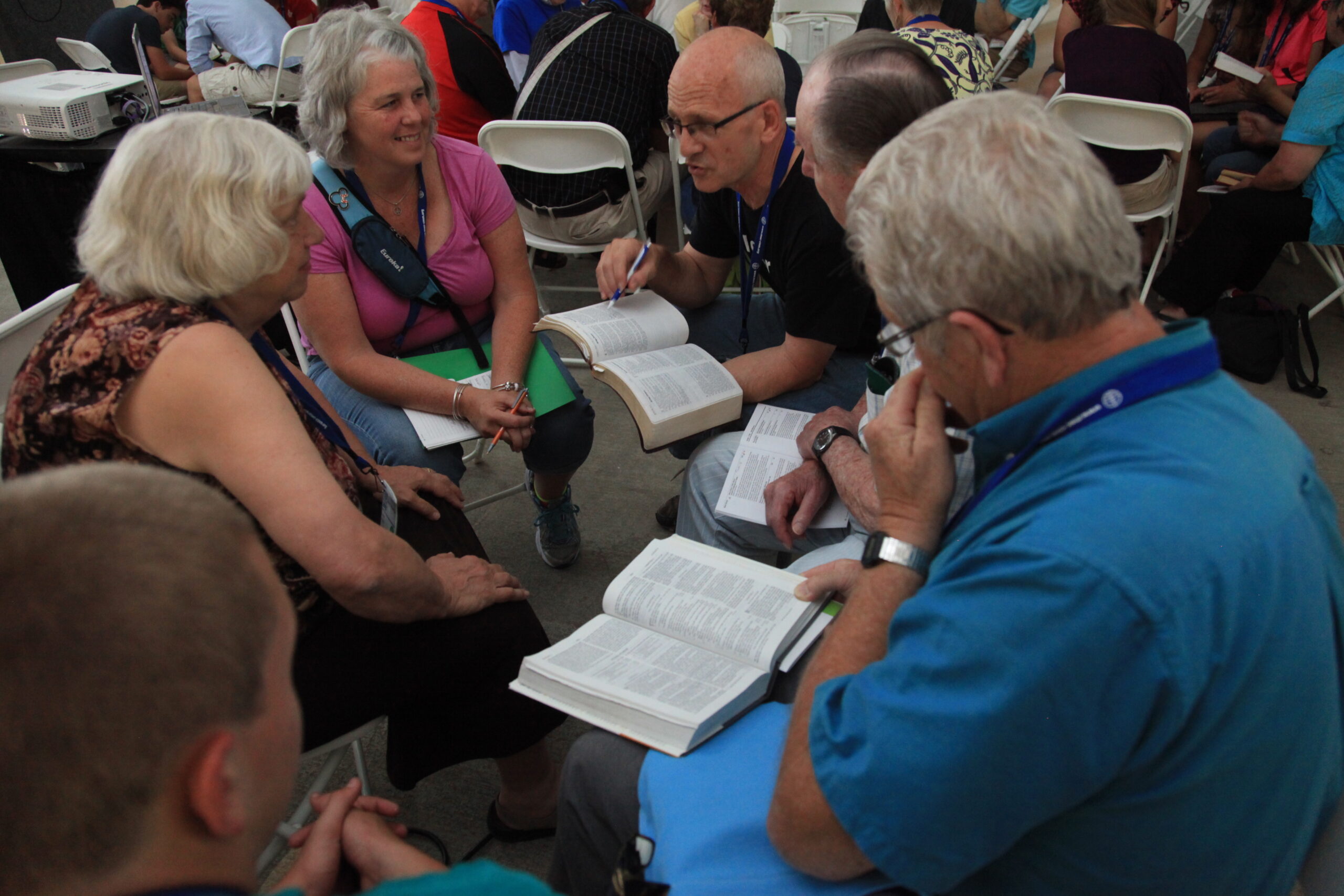-
Vaccines and care at MB hospitals
In the Democratic Republic of Congo, lack of vaccination is a problem. Even before COVID-19, a measles outbreak took more than 40 children in 2019 in Kikwit, a city of some 500,000 people, and host to a growing number of internally displaced persons. But the church is not silent. Last August, Mennonite World Conference (MWC)
-
What’s happening in Assembly worship services?
Everyone can travel to Indonesia for this year’s Mennonite World Conference hybrid Assembly. Around 1250 will do so in person, while thousands of others will visit Indonesia through screens. Through a daily “Panorama Indonesia” presentation, participants follow Jesus across barriers by sampling the multifaceted ministry activities of three host synods.* Each Assembly plenary session opens
-
Ministry partner update: ICOMB – May 2022
Empowered by the Spirit The filling of God’s Spirit in our lives is reflected through both the maturing process by which we are transformed into Christ’s image and by the Spirit’s empowerment to proclaim Christ. The Spirit has come to testify about who Jesus is and to be a witness to his saving work in
-
Assembly participants on-site nearly doubled
The Indonesian Assembly just got a little bit larger. The National Advisory Committee for Assembly 17 and the executive committee of MWC have decided to raise attendance numbers for the gathering in Indonesia to 1250. COVID-19 cases in Indonesia remain low so the Indonesian government has lifted quarantine restrictions for travellers. “We would love to
-
Support for maternal health leads to vaccination openness
Millicent conceived in March 2020, just when Kenya reported the first case of COVID-19. The resident of Mathare, a poor district, was very fearful. Her neighbour Sophie, a care group volunteer with Centre for Peace and Nationhood (CPN), reached out when she realized Millicent was worried. With the support of Sophie and other CPN-trained mentors,
-
Sharing a new and unified language
“We come together throughout the world to sing and to make music together,” says Benjamin Bergey, Assembly 17 music coordinator. With attendees from the Americas, Europe, Africa and Asia, “What we have [at Assembly] is an opportunity to reframe what is important about music.” At this hybrid Assembly, participants who have never been able to
-
Learning together and apart
Nobody anticipated the pandemic barrier that would challenge Assembly plans when they chose the theme “Following Jesus together across barriers”. One year later than the original date, the 17th Assembly of Mennonite World Conference takes place 5-10 July 2022 with 700 participants on-site in Indonesia and thousands of online registrants across the globe, live-streaming sessions
-
Morning coffee – or evening tea
Assembly plenaries set YABs and Commissions in conversation “It’s remarkable that I can share,” says Ebenezer Mondez, YABs (Young AnaBaptist) committee representative for Asia. “I come from a very small church with no more than 1 000 members nationally, and from a country that always has foreign missionaries. We have always been the recipient. The
-
Connect with local congregations during Assembly online
How is the gospel being shared in Indonesia, a country with the largest Muslim population in the world? Find out as you worship together with four local congregations that will host the evening worship sessions during MWC’s Assembly 17: in Jepara, Solo, Margokerto and Ungaran. “Through these satellite locations, all participants can see, hear and
-
Join the MWC Assembly – together – online!
“The Mennonite World Conference Assembly is a space to learn more about our brothers and sisters from different parts of the world. Everyone, regardless of budget or vacation time, will have the opportunity to gather online to worship, fellowship and study the Bible together while learning about how Jesus invites us to overcome barriers,” says
-
Why have an Assembly?
Former MWC president Danisa Ndlovu (2003-2015) spoke with MWC about hosting the 2003 Assembly in Zimbabwe, his home country. This interview has been edited. “Circumstances tend not to favour expectations. You don’t choose what is happening at any given point in one’s life. Even so we remain a church. “For the church in Zimbabwe to
-
Praising God together across barriers
“I can see one family with a lot of members, worshipping the same Father,” says Natacha Kyendrebeogo from Burkina Faso. She is one of four young people serving through YAMEN on the Mennonite World Conference (MWC) Assembly team in Indonesia. YAMEN (Young Anabaptist Mennonite Exchange Network) is a program that places emphasis on expanding the
